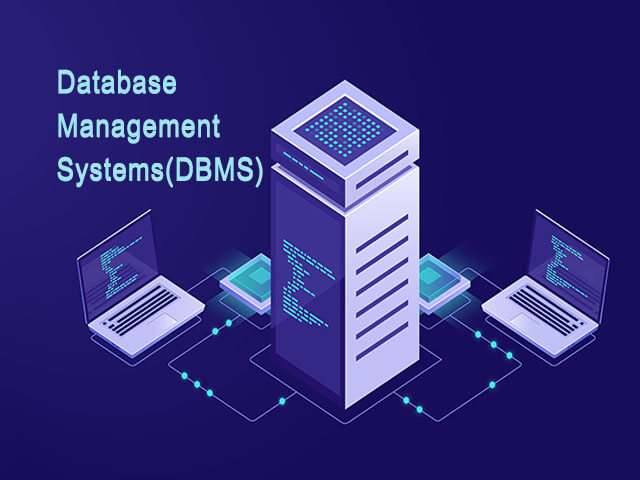Information Management 1 Class Expirience
Information Management 1 Class Experience
My experience in Information Management was very entertaining and fun. We learned many things about data and how information is different from the data and how is data transformed into information.
At first, our teacher or instructor introduced herself and explain the course syllabus to us. We didn't have to introduce ourselves because our teacher or instructor is the same instructor we had in our first semester. After that, our instructor introduced data to us.
First, is What is data?
Data is an individual unit that contains raw materials which do not carry any specific meaning.
Data is a collection of letters, numbers, or facts, which by itself derive little or no value. When data is passed as input to an Information System to be processed and transformed, it becomes Information. Data are individual facts, statistics, or items of information, often numeric. In a more technical sense, data are a set of values of qualitative or quantitative variables about one or more persons or objects, while a datum is a single value of a single variable.
Information
The information provides value. During the processing of the data, feedback can be passed back to fine-tune the type of data that is collected and how it is collected.
Information is processed, organized, and structured data. It provides context for data and enables the decision-making process. For example, a single customer’s sale at a restaurant is data, this becomes information when the business is able to identify the most popular or least popular dish.
Then we also learned a few things to manage data and information, and that is the DBMS or Database Management System.
What is DBMS or Data Management System?
DBMS is a software system that manages databases. A database management system (or DBMS) is essentially nothing more than a computerized data-keeping system. Users of the system are given facilities to perform several kinds of operations on such a system for either manipulation of the data in the database or the management of the database structure itself.
- To have security on our databases.
- DBMS can handle many users with good performance.
- It can prevent bad things or some problems.





Comments
Post a Comment